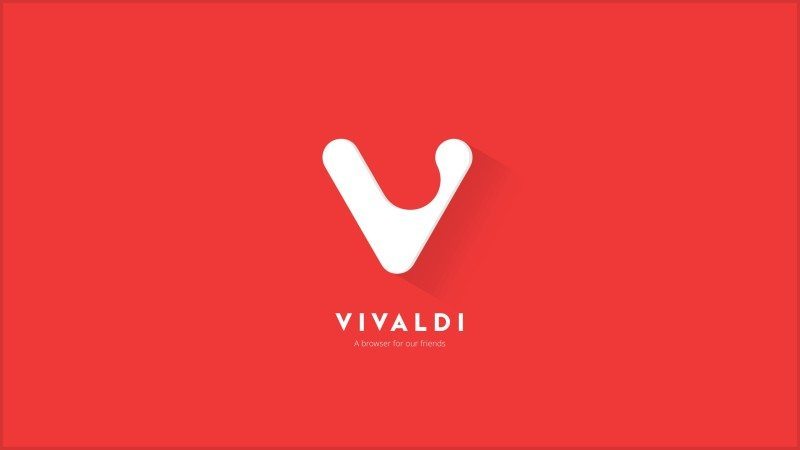Vivaldi Browser is the True Successor to Opera
Ashley Allen / 9 years ago

Many internet users, myself included, were disappointed by the death of the Opera browser. It was my primary browser for nearly a decade, as it was for many other smart internet users, but it only ever held around 5% of the browser market share.
While, admittedly, I found the latter iterations of the browser to be bloated, sluggish, and prone to memory leaks, at its peak, Opera was the fastest, safest, and most customisable browser available. Sadly, in an effort to become more commercially viable, Opera dropped its innovative Presto engine, opting instead for Google’s Blink rendering engine, effectively making the browser a stripped-down version of Chrome. The Opera logo remained, yes, but the browser we knew was now dead.
Thankfully, Opera co-founder and former CEO Jon Stephenson von Tetzchner, in partnership with fellow former Opera employee Tatsuki Tomita, has picked up the baton his former company dropped to launch Vivaldi, a high-end browser designed to appeal to heavy internet users and former Opera fans and one which intends to form strong bonds with its community.
While Vivaldi, like modern Opera, utilises the Chromium engine rather than its own custom engine, it manages to have its cake and eat it, too: it is as though Vivaldi has taken the modern Opera and included the rich features of the old Presto version, effectively telling its predecessor, ‘this is how you do it.’
As Von Tetzchner told Ivan Minic last year, “When it comes to drafting a completely new engine, there is a very good reason why no one has done it in the last 15 years. It is an extremely difficult and complicated process, and it takes extreme amounts of work in order to be compatible with all other standards.”
While Vivaldi is desktop-only at present – “we started with a desktop version because it was a starting point from Opera,” Von Tetzchner said – there are plans afoot for a mobile version for tablets and smartphones.
Von Tetzchner sold his shares in Opera back in 2014 – three years after leaving the company over its new strategy – to launch Vivaldi, and the move looks to have paid off. I’ve been using the Beta 2 build of Vivaldi – which launched on 17th December, 2015 – for the last couple of weeks, and it is everything I could have hoped for, delivering the Opera I knew back in 2009 in the form of a decidedly modern, beautiful browser interface.
Vivaldi Beta 2 for Windows, Mac, and Linux can be downloaded from the Vivaldi website.



















